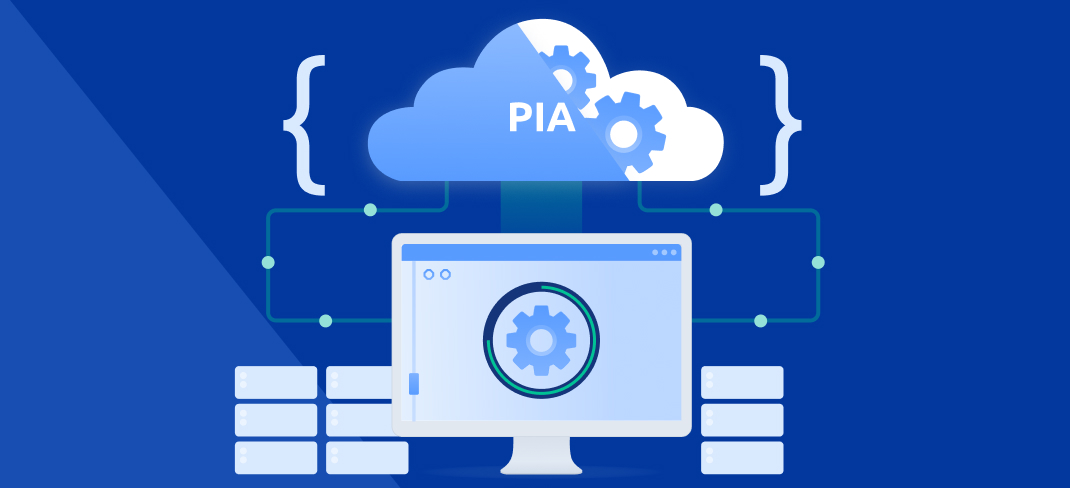How to ensure the efficiency of data capture using dynamic residential IP

With the rapid development of the Internet, data capture has become an indispensable technology in many industries. However, when crawling data, a large number of requests may cause the target server to be overloaded, which may cause the problem of IP being blocked.
To solve this problem, many scrapers started using dynamic residential IPs for scraping. Not only are the number of dynamic residential IPs huge, but their randomness and instability make them difficult to be blocked by the target server. However, how to ensure the efficiency of data capture using dynamic residential IP is a question worth exploring.
1. Choosing the Right Dynamic Residential IP Provider
First of all, choosing a reliable dynamic residential IP provider is the key to ensuring crawling efficiency. A good provider should have a large IP pool to ensure that efficiency is not affected by insufficient IP during the crawling process.
In addition, the provider's IP update speed is also a factor to consider. If the IP update speed is too slow, it may cause the blocked IP to still be used, thus reducing the crawling efficiency.
2. Reasonably set the crawling frequency and concurrency number
When using dynamic residential IP for data capture, it is also very important to set the capture frequency and concurrency number reasonably. Excessive crawling frequency and concurrency may cause the target server to be overloaded, thereby increasing the risk of IP being blocked. Therefore, the crawler needs to reasonably set the crawling frequency and concurrency number based on the actual situation of the target server to ensure the stability and efficiency of crawling.
3. Use proxy pool for IP management
In order to improve crawling efficiency, crawlers can use proxy pools for IP management. The proxy pool can store a large number of dynamic residential IPs and automatically assign IPs based on the scraper's needs. When an IP is blocked, the proxy pool can be quickly replaced with a new IP to ensure the continuity of crawling.
In addition, the proxy pool can also monitor the usage of IPs to help crawlers promptly discover and solve the problem of blocked IPs.
4. Comply with the website’s robots.txt agreement
When scraping data, the scraper needs to comply with the robots.txt protocol of the target website. The robots.txt protocol is a specification for websites to tell search engines and crawlers which pages can and cannot be crawled.
If the crawler violates the robots.txt agreement, it may not only lead to a reduction in crawling efficiency, but may also cause legal disputes. Therefore, before scraping data, the scraper needs to carefully read and comply with the robots.txt agreement of the target website.
5. Use appropriate scraping tools and techniques
Choosing appropriate crawling tools and technologies is also the key to ensuring crawling efficiency. Different crawling tools and technologies have their own advantages and disadvantages, and crawlers need to choose based on their own needs and the actual situation of the target website.
For example, for websites with a simple structure, crawlers can use regular expressions to crawl; for websites with complex structures, crawlers may need to use more advanced crawling tools or technologies, such as Scrapy framework, Selenium, etc.
6. Optimize data capture strategy
Optimizing data crawling strategies is also an important means to improve crawling efficiency. Crawlers can develop more efficient crawling strategies by analyzing the data structure and content characteristics of the target website.
For example, for web content displayed in pages, the crawler can analyze the page structure and directly obtain the paging links for batch crawling; for content that requires login to access, the crawler can simulate the login process to crawl.
7. Monitor and adjust the crawling process
When crawling data, the crawler needs to monitor the crawling process in real time and make adjustments according to the actual situation. For example, when it is discovered that an IP is blocked, the crawler can quickly switch to a new IP; when it is found that the crawling speed has dropped, the crawler can appropriately adjust the crawling frequency and concurrency number. Through real-time monitoring and adjustment, scrapers can ensure efficient and stable data scraping.
In short, ensuring the efficiency of data capture using dynamic residential IP requires multiple aspects. In addition to choosing a suitable dynamic residential IP provider, reasonably setting the crawling frequency and concurrency, and using a proxy pool for IP management, you also need to comply with the website's robots.txt protocol, use appropriate crawling tools and technologies, and optimize data crawling. strategies and monitor and adjust the crawling process. Only in this way can we avoid unnecessary legal disputes while ensuring crawling efficiency.


































































